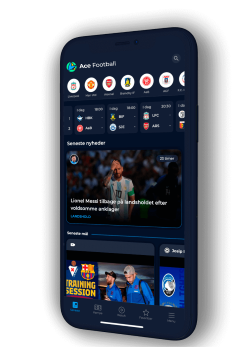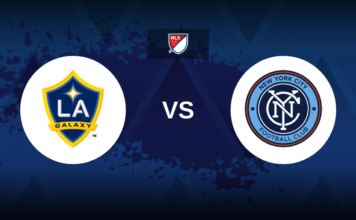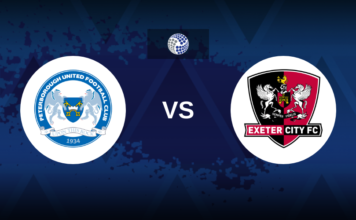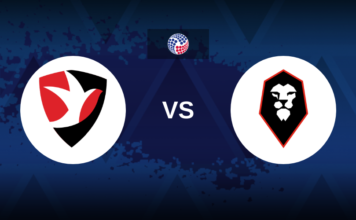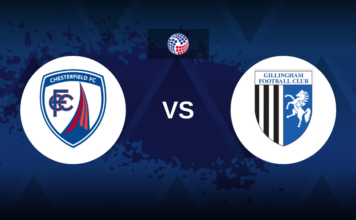At the Santiago Bernabéu, if you listen carefully during the seventh minute of every Real Madrid match, you’ll hear the chant, “¡Illa, illa, illa, Juanito maravilla!”—an enduring tribute to Juan Gómez González, better known as Juanito.
Though decades have passed since his untimely death, the fans still honor the man who embodied Real Madrid‘s spirit of indomitability, resilience, and passion.
The Early Days: Triumph and Records
Born in Fuengirola, Spain, in 1954, Juanito’s love for football started at an early age. His youth career began at Atlético Madrid’s academy, but tragedy struck when a horrific leg injury in a friendly against Benfica nearly ended his career before it even began. Despite this setback, Juanito’s grit saw him return to the game with Burgos, a second-division team. There, he excelled, earning his first Spain cap and catching the attention of the top clubs in Spain.
In 1977, despite interest from Barcelona, Juanito joined Real Madrid. Standing only 5’7”, he played as a tenacious winger with fierce determination. He quickly became one of the club’s most beloved players, winning five La Liga titles and a Pichichi trophy as the league’s top scorer in 1984.
The Darker Side of a Competitor
Though a gifted player, Juanito’s career was also marked by moments of violent outbursts. His fiery temperament first got him in trouble in 1978 when he assaulted a referee during a European Cup match against Grasshoppers. He was handed a two-year ban from European football, though this was later reduced on appeal.
Despite this dark side, Juanito’s passion for the game and his club endeared him to the fans, particularly because of his role in several of Real Madrid’s legendary European comebacks. His passion would often manifest in moments of brilliance, like the 1980 European Cup quarterfinal against Celtic, where he scored a decisive goal to overturn a 2-0 deficit, helping Madrid win 3-0 and advance.
Comeback King: The Spirit of the Bernabéu
Perhaps Juanito’s most iconic moment came in the 1985 UEFA Cup against Borussia Mönchengladbach. Real Madrid had been humiliated 5-1 in the first leg in Germany, but in the return leg at the Bernabéu, Juanito inspired one of the greatest comebacks in European football history. He set up two goals as Madrid won 4-0, advancing on away goals. When Juanito was substituted near the end, he ran to the touchline punching the air in victory, becoming the embodiment of Madrid’s unbreakable spirit.
His famous quote, “90 minutes at the Bernabéu is a long time,” after another comeback against Inter Milan in 1986, became the rallying cry for Real Madrid in moments of adversity.
The Final Fall: The Incident with Bayern
Despite his achievements, Juanito’s fiery temper remained a part of his legacy, and it flared up in the worst way in 1987. During a European Cup semi-final against Bayern Munich, Juanito lost control after a foul from Lothar Matthäus. In a shocking moment, he stamped on Matthäus’s chest and face, an action that led to a five-year ban from European competitions. By then 32, this incident effectively ended his Real Madrid career, though he played briefly for Málaga before transitioning to coaching.
Tragedy and Legacy
In 1992, tragedy struck when Juanito was killed in a car accident while returning from watching Real Madrid play Torino in the UEFA Cup. His death shocked Spanish football, and tributes poured in for the man whose passion had lit up the Bernabéu for over a decade.
To this day, Juanito remains a legend, remembered for both his brilliance and his fire. The chant in the seventh minute of every Real Madrid match is not just a tribute to his skill, but to his indomitable spirit—a spirit that continues to inspire Real Madrid players and fans alike.
The legacy of Juanito is one of resilience, passion, and undying loyalty, and in Madrid, his story will never be forgotten.


